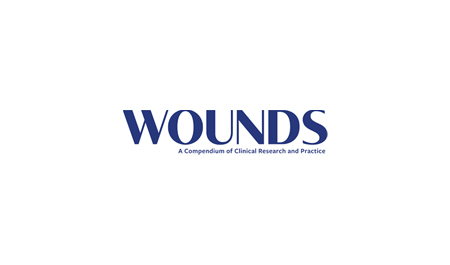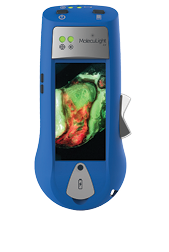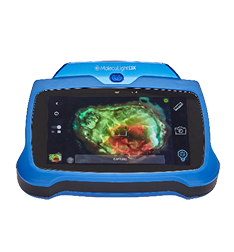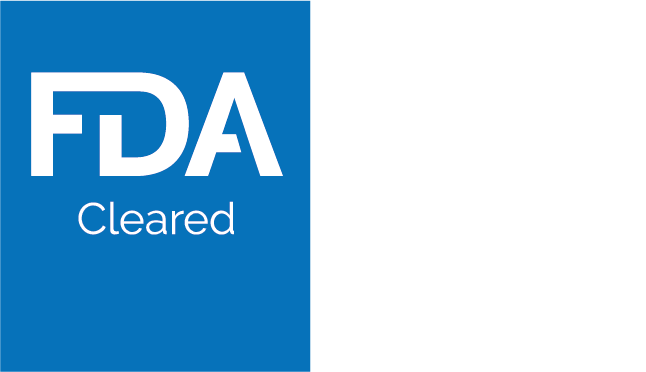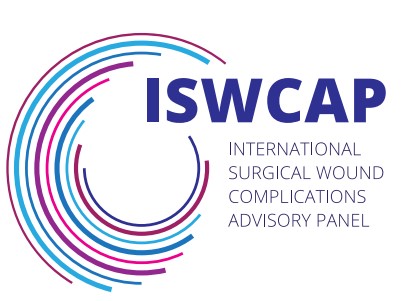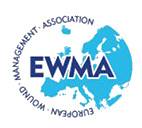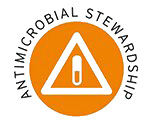Abstract
Background: Surgical site infection (SSI) after kidney transplantation can severely compromise graft function and prolong hospital stay. Organ/space SSI (osSSI) is a severe type of SSI associated with a significantly higher mortality rate. Aims and Objectives: This study aims to provide new strategies of managing (osSSI) after kidney transplant and other high-risk wound infections.
Method: This is a single-center, retrospective study that analyzed the treatment outcomes of 4 patients who developed osSSI after kidney transplant at Shuang-Ho Hospital. The management strategy included real-time fluorescence imaging with MolecuLight i:X, negative-pressure wound therapy (NPWT) with Si-Mesh, and incisional NPWT (iNPWT). Result: The average length of hospital stay was 18 days (range, 12–23 days). During hospitalization, all patients obtained high-quality debridement under real-time fluorescence image confirmation. The average duration of NPWT was 11.8 days (range, 7–17 days) and iNPWT was 7 days. All transplanted kidneys were preserved with normal function after 6 months of follow-up. Conclusions: Our strategies with real-time fluorescence imaging (MolecuLight) provide a novel and effective method that can be used in adjunct with the standard of care for managing osSSI after kidney transplantation. More studies are warranted to validate the efficacy of our approach.
